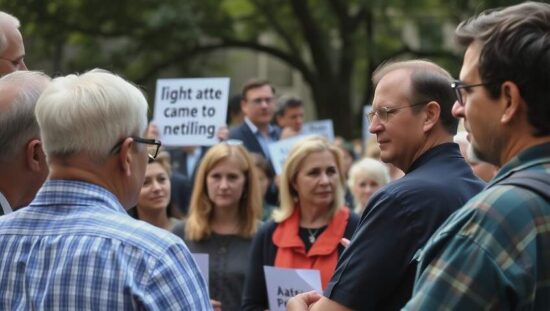A mere six months into his tenure, Chancellor Friedrich Merz of the Christian Democratic Union (CDU) faces a significant erosion of public support, according to a newly released Forsa poll. The survey, commissioned by RTL Deutschland and conducted November 6th and 7th, 2025, reveals a deeply unsettling picture for the conservative bloc as it looks toward the next federal election.
The findings demonstrate a widespread lack of confidence in Merz’s leadership. Only 16% of respondents surveyed express belief that the CDU and its Bavarian sister party, the CSU, should again nominate Merz as their joint candidate for Chancellor. A staggering 74% counsel a different approach, advocating for an alternative candidate. This sentiment isn’t confined to opposition voters; even within the CDU/CSU’s established base, a narrow majority (43% versus 44%) favors a fresh face.
Perhaps even more indicative of the challenge facing Merz is the direct question posed regarding the public’s desire for his renewed candidacy in 2029. A mere 18% responded positively, while a resounding 73% voiced opposition. Within the CDU/CSU constituency, the result is similarly grim, with only 47% expressing support for another run.
The timing of these findings is particularly noteworthy, occurring as the government navigates increasingly complex geopolitical and economic headwinds. Questions are beginning to surface, particularly among CDU strategists, regarding whether Merz’s perceived lack of dynamism and his established, often confrontational, style are hindering the party’s ability to connect with a broader electorate.
Adding another layer of complexity, the survey addressed the public’s view on the suitability of individuals over the age of 70 to hold the office of Chancellor. While 45% believe the role can be effectively executed by someone in their seventies, a substantial 52% expressed a preference for a younger leader. This highlights a growing generational disconnect, with older respondents significantly more likely to support a septuagenarian Chancellor than younger voters and supporters of the Union, SPD and Greens. This data point subtly reinforces concerns about perceived leadership fatigue and the need for a leader capable of addressing the challenges of a rapidly changing world.
The Forsa poll, based on responses from 1,002 participants, paints a stark picture for the CDU/CSU and raises profound questions regarding Friedrich Merz’s future role within German politics. While he retains a degree of loyalty within the party, the widespread lack of public enthusiasm presents a considerable obstacle to the conservative alliance’s prospects for success in the next federal election. The internal debate over leadership and the imperative to reconnect with a skeptical electorate is undoubtedly intensifying.





